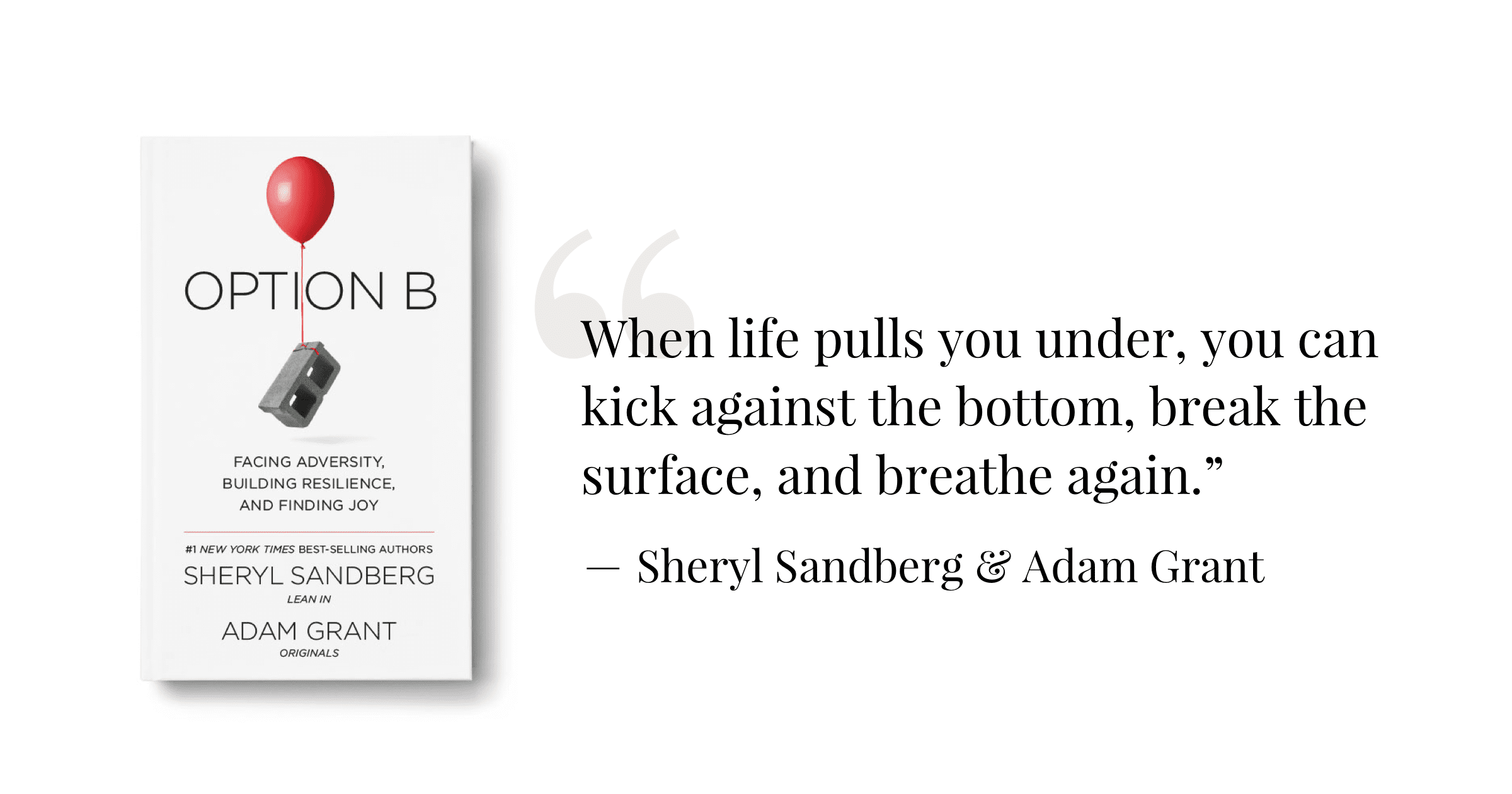
“Remember that sometimes not getting what you want is a wonderful stroke of luck.” ~Dalai Lama
It’s probably happened to you. In all likelihood, it has happened multiple times in your life thus far.
You don’t understand why it happens. And when it does, it can throw you into the deepest valleys of despair.
Perhaps you cry out to a higher power to make things better. Maybe you just stare into the cosmos, wondering what the meaning of life is and why things get tough.
I’ve been there. Many times. For all sorts of reasons.
Breakups, career problems, dealing with a death, financial issues, there are a million things that can put you into this frame of mind.
You know what you want more than anything, but no matter what you do, the universe just doesn’t seem to give it to you. Why? Why can’t things just be easier, simpler? Why can’t things get better?
Why can’t we get what we want?
A few years ago I was going through an extremely difficult time in my life. My fiancé of four years had broken up with me. Over the phone.
No visit. No long talk about how we could maybe work it out. She just told me she couldn’t do it anymore.
And just like that, I was thrown into that valley.
I spent the next few months searching for answers. I read through different religious texts, self-help sites, and scientific books. I prayed, I meditated, and I even tried to visualize the thing that I wanted the most.
I just wanted my fiancé back.
My work suffered at my job, though I didn’t notice. It took an old friend, one of my bosses, calling me into his office and having an honest conversation for me to realize that I was basically coasting through the weeks.
In the evenings, I was plagued by dreams of my ex. In them, we were happy and together. Everything had worked out.
Of course, I always woke up in the middle of the night, sweating and crying. Yeah, I woke up crying.
I was raised to believe in a higher power. But during those nights of torture, I found myself pounding my pillow and begging him/her to make everything better.
Nothing ever got better, though.
Talks with friends yielded no good counsel. As a student of the psychological sciences, and a counselor myself, their cliché words only served to frustrate me.
“There’s a reason for everything.” “If it’s meant to be.” “Time heals all wounds.” The more I heard their fortune cookie advice, the angrier I became.
And the whole time, I continued to beg the higher power to fix everything.
One day at my job, I was talking to one of the teachers I worked with. She was a huge fan of Native American history and had an interesting perspective on my predicament.
She suggested that I go on a vision quest.
I’d done one of these when I was in graduate school as part of an assignment. We had studied the ancient technique the natives used when they were searching for answers, so I was pretty familiar with the process.
If you don’t know what a vision quest is, you go out to a place where all you can do is observe the world around you and focus intensely on the thoughts that come as a result.
This time, though, the stakes were much higher than on my previous quest.
I decided to do it on a weekend and woke up the following Saturday morning with one mission in mind: to find answers.
The former capital of the Cherokee nation was only twenty minutes from my house, now set aside as a state park. I figured what better place to do a vision quest than where the Native Americans used to live?
It was a chilly morning, and the forests surrounding the historical site were thick with fog as I began my walk.
I stopped at various points along the way to meditate and pray. There was one spot next to a gentle brook where I watched the birds and squirrels scurrying about their day, mirroring the many thoughts and feelings rushing around in my head.
While nature was peaceful around me, a storm still raged in my heart centering around a single question: Why can’t I have what I want?
I continued the walk, writing down every thought and emotion that came to my mind. Minutes turned into hours and, as I neared the fourth hour of my quest, I decided it was getting close to time for me to leave. Empty handed.
I neared the top of a ridge at the edge of the sacred land and looked up into the leafy canopy of the forest. Poplar, oak, and maple leaves hung silently above me.
“I just want to know why you won’t fix this for me,” I said out loud, bitterly.
Suddenly, my mind was whisked back to the school where I work to a point a few weeks before and a conversation I’d had with one of my students. I’d walked into the computer classroom to see what everyone was working on that day and he’d gotten my attention.
“Hey, can you fix my grade in this class so I can pass?”
The question caught me off guard and I laughed. “Yeah, I can do that,” I surprised him with my answer. As a school counselor, I have access to that kind of stuff.
His face became hopeful. “You can?”
I went on to explain to him that I could do that, but I wouldn’t.
He asked why.
I told him it was because if I fixed everything for him like that, he would never learn anything.
My brain zipped back to the moment, standing on the forest trail. The realization punched me in the face like Mike Tyson in his prime.
A smile crept onto my face. Then I began to laugh and looked back up into the treetops. A robust breeze rolled in, waving the high branches around dramatically.
I continued to smile as I spun around staring dizzily into the rustling leaves.
That was it. If someone or something always fixed everything for me all the time, I would never learn anything. More than that, I would never be able to do anything for myself in life. I would always be dependent on someone or something else to make things better for me.
I would never be able to learn another language, live in a foreign environment, try new foods or activities, or grow as a person in any way.
Sometimes in life things happen that can be difficult, and often they can be extremely painful. We must push through those moments where all seems lost. When we do, we can find a new us on the other side that is wiser and more beautiful than we ever imagined.
By working through these difficult changes in life, we grow into something new, better, stronger.
To paraphrase what the Rolling Stones said: You can’t always get what you want. But you get what you need.







